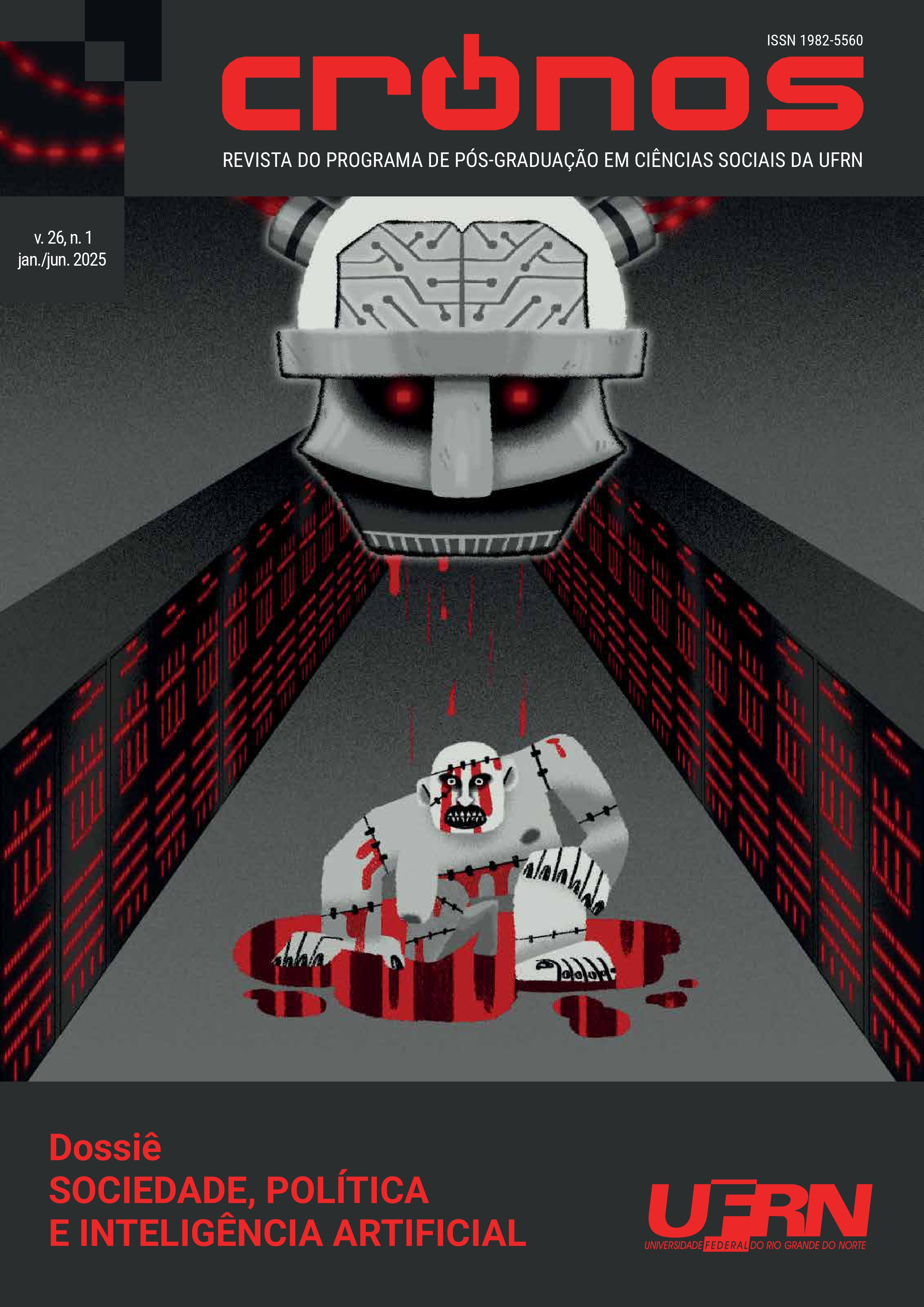LITERATURE AND CRITICISM OF POLITICAL ECONOMY
capitalism sociability in the novel Money, by Émile Zola
DOI:
https://doi.org/10.21680/1982-5560.2025v26n1ID37521Keywords:
Émile Zola, Money, Political economy, literatureAbstract
In this article, we intend to reflect on the novel Money (1891), by Émile Zola, based on the Critique of Political Economy. Methodologically, we proceeded to read the critique of political economy carried out by Marx to understand the capitalist sociability presented by Zola. Our main results indicate the specificity of a historical moment of transformation of world capitalism, such as the establishment of monopolies and the rise of banks and capital financing as the dominant fraction in capitalist relations. Another element that we reveal is the fetish of the street corner, which is autonomous from the subjects presented in the novel in order to crystallize an appearance of speculation and seeks to accumulate and conquer more of the circle, as it has a greater concentration of resources among the dominant classes and the populace of working and dispossessed classes.
Downloads
Downloads
Published
How to Cite
Issue
Section
License
Copyright (c) 2025 Revista Cronos

This work is licensed under a Creative Commons Attribution-NonCommercial-ShareAlike 4.0 International License.


 English
English Español (España)
Español (España) Português (Brasil)
Português (Brasil)


